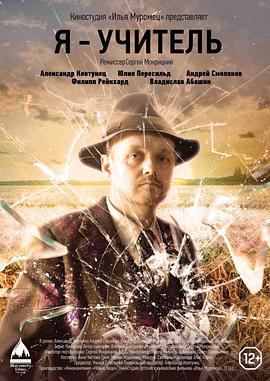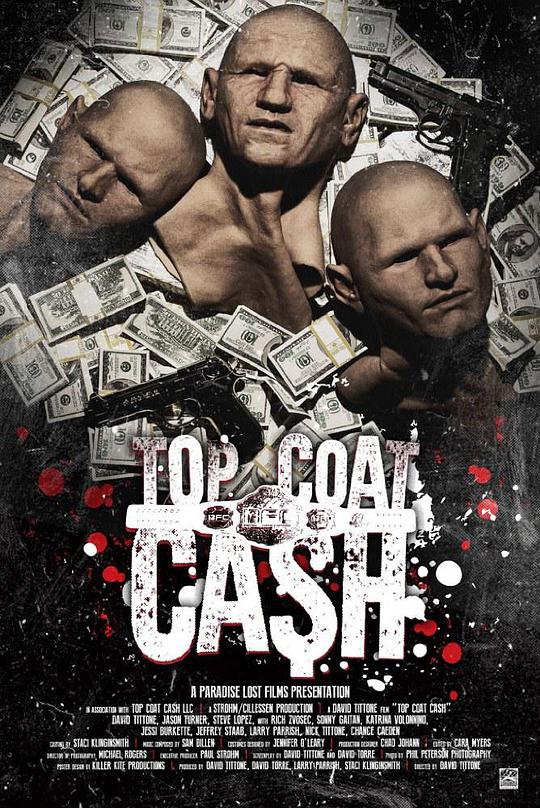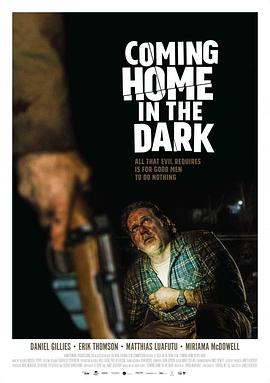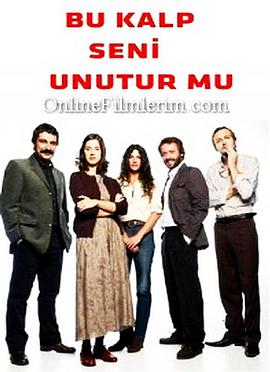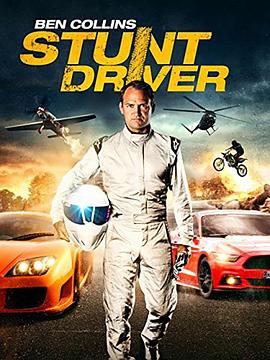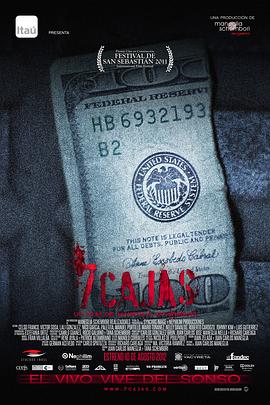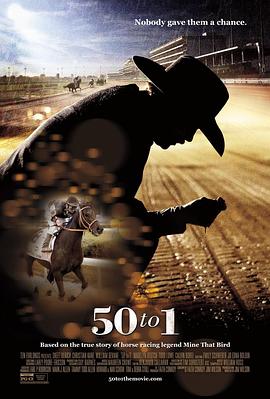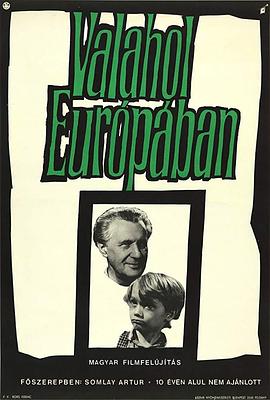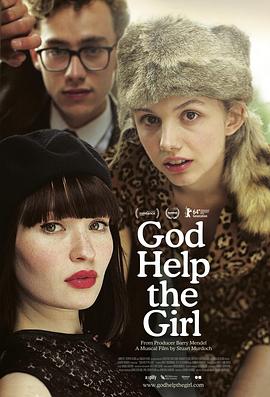-
备注:已完结
类型:电影
主演:AleksandrKovtunets 尤利娅·别列希尔德 菲利普·莱因
导演:谢尔盖·马克利斯基
语言:俄语
年代:未知
简介:本部战争片是对伟大的卫国战争(1941-1945)胜利七十周年的献礼。它围绕着主人公帕维尔•祖博夫的故事展开,他是一名学校老师,作一个老师是他的人生使命。帕维尔所在的村庄被法西斯占领。他相信着基本的人类价值,比如爱情和家庭。然而,一系列事件导致的变化改变了他对生活的认知,使他回到现实。在战争中,敌人逐步显露出其真面目。帕维尔必须做出不易的选择:是生存下去并适应新政权,还是为他的家人,爱情,国土,理想和信念而战。
-
备注:已完结
类型:电影
主演:David Tittone Jason Turner Rich Zvo
语言:
年代:未知
简介:Afterlosingamajorfight,aprofessionalMMAfighterreturnshomefromVegas,wherehereuniteswithvariousindividualsfromhispast-includingafather/sonduowhorecruithimtoengageintheirdaringbankheists.
-
备注:已完结
类型:电影
主演:BenCollins 彼得·迈尔斯 EvangelosGrecos P
导演:JamesWiseman
语言:英语
年代:未知
简介:世界著名的特技车手本·科林斯, 带你来参加扣人心眩,肾上腺狂飙的刺激之旅。他在包括麦克拉伦650S,阿斯顿马丁Vanquish,阿约诺曼越野车,捷加F系列,以及福特野马在内的名车里,寻找一辆完美的特技车辆,在他的驾驶下,飙到极速,在汽车和坦克的狂野追逐中,与死神玩色子对赌,进行劲爆的好莱坞式的汽车追逐。
-
备注:已完结
类型:电影
主演:SkeetUlrich ChristianKane WilliamDe
导演:JimWilson
语言:英语
年代:未知
简介:A misfit group of New Mexico cowboys find themselves on the journey of a lifetime when their crooked-footed racehorse qualifies for the Kentucky Derby. Based on the inspiring true story of Mine That Bird, the cowboys face a series of mishaps on their way to Churchill Downs, becoming the ultimate underdogs in a final showdown with the world's racing elite.
-
备注:已完结
类型:电影
主演:Artúr Somlay Miklós Gábor Zsuzsa Bá
语言:其它
年代:未知
简介:Somewhere in the remote region, the war ends. In the midst of ruined cities and houses in the streets, in rural hamlets, everywhere where people still live, are children who have lost their homes and parents. Abandoned, hungry, and in rags, defenseless and humiliated, they wander through the world. Hunger drives them. Little streams of orphans merge into a river which rushes forward and submerges everything in its path. The children do not know any feeling; they know only the world of their enemies. They fight, steal, struggle for a mouthful of food, and violence is merely a means to get it. A gang led by Cahoun finds a refuge in an abandoned castle and encounters an old composer who has voluntarily retired into solitude from a world of hatred, treason, and crime. How can they find a common ground, how can they become mutual friends The castle becomes their hiding place but possibly it will also be their first home which they may organize and must defend. But even for this, the price will be very high. To this simple story, the journalist, writer, poet, scriptwriter, movie director, and film theoretician Béla Balázs applied many years of experience. He and the director Géza Radványi created a work which opened a new postwar chapter in Hungarian film. Surprisingly, this film has not lost any of its impact over the years, especially on a profound philosophical level. That is to say, it is not merely a movie about war; it is not important in what location and in what period of time it takes place. It is a story outside of time about the joyless fate of children who pay dearly for the cruel war games of adults. At the time it was premiered, the movie was enthusiastically received by the critics. The main roles were taken by streetwise boys of a children's group who created their roles improvisationally in close contact with a few professional actors, and in the children's acting their own fresh experience of war's turmoil appears to be reflected. At the same time, their performance fits admirably into the mosaic of a very complex movie language. Balázs's influence revealed itself, above all, in the introductory sequences an air raid on an amusement park, seen in a montage of dramatic situations evoking the last spasms of war, where, undoubtedly, we discern the influence of classical Soviet cinematography. Shooting, the boy's escape, the locomotive's wheels, the shadows of soldiers with submachine guns, the sound of a whistle—the images are linked together in abrupt sequences in which varying shots and expressive sharp sounds are emphasized. A perfectly planned screenplay avoided all elements of sentimentality, time-worn stereotypes of wronged children, romanticism and cheap simplification. The authors succeeded in bridging the perilous dramatic abyss of the metamorphosis of a children's community. Their telling of the story (the scene of pillaging, the assault on the castle, etc) independently introduced some neorealist elements which, at that time, were being propagated in Italy by De Sica, Rossellini, and other film artists. The rebukes of contemporary critics, who called attention to formalism for its own sake have been forgotten. The masterly art of cameraman Barnabás Hegyi gives vitality to the poetic images. His angle shots of the children, his composition of scenes in the castle interior, are a living document of the times, and underline the atmosphere and the characters of the protagonists. The success of the picture was also enhanced by the musical art of composer Dénes Buday who, in tense situations, inserted the theme of the Marseilaise into the movie's structure, as a motive of community unification, as an expression of friendship and the possibility of understanding. Valahol Europaban is the first significant postwar Hungarian film. It originated in a relaxed atmosphere, replete with joy and euphoria, and it includes these elements in order to demonstrate the strength of humanism, tolerance, and friendship. It represents a general condemnation of war anywhere in the world, in any form.
